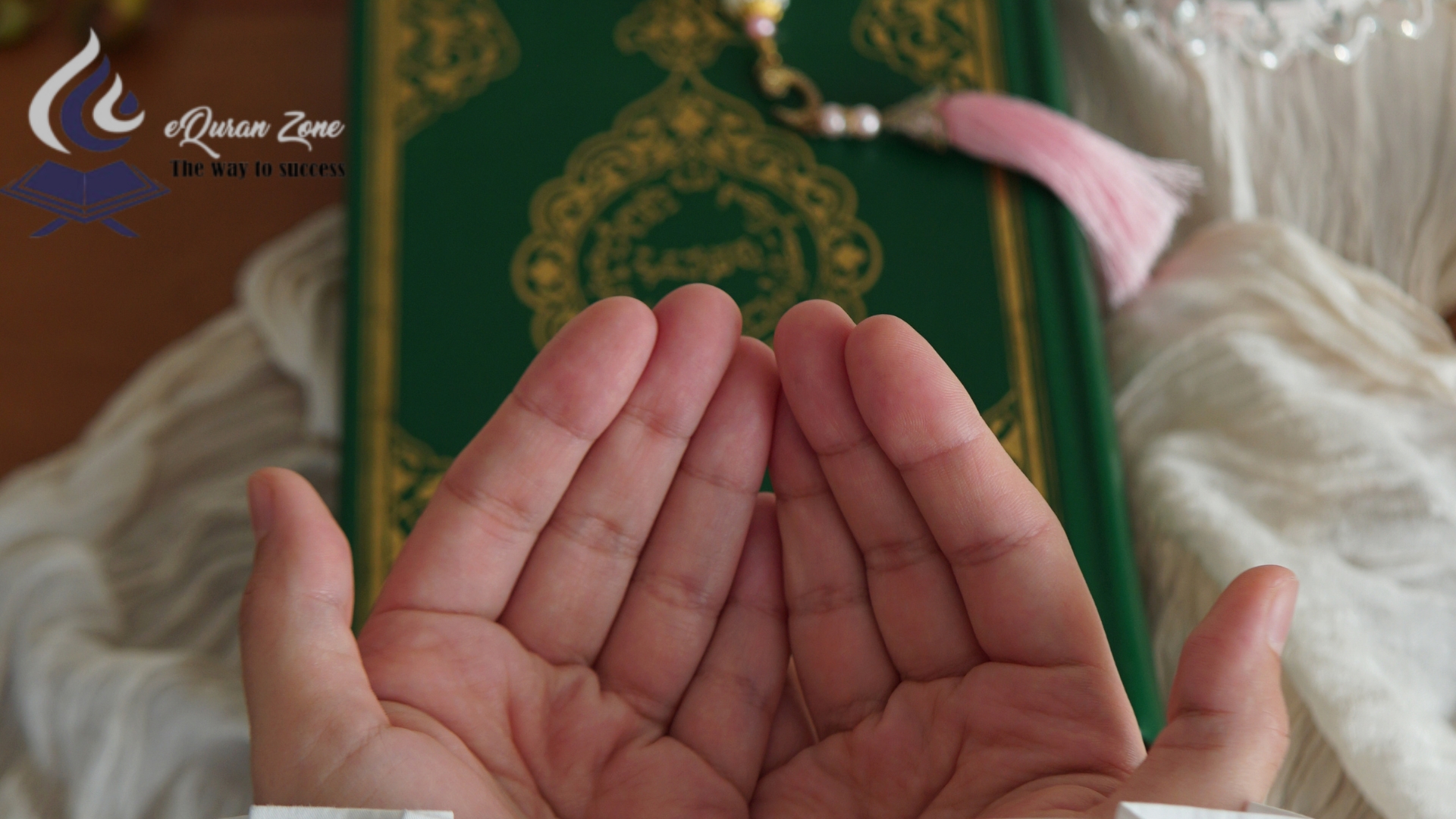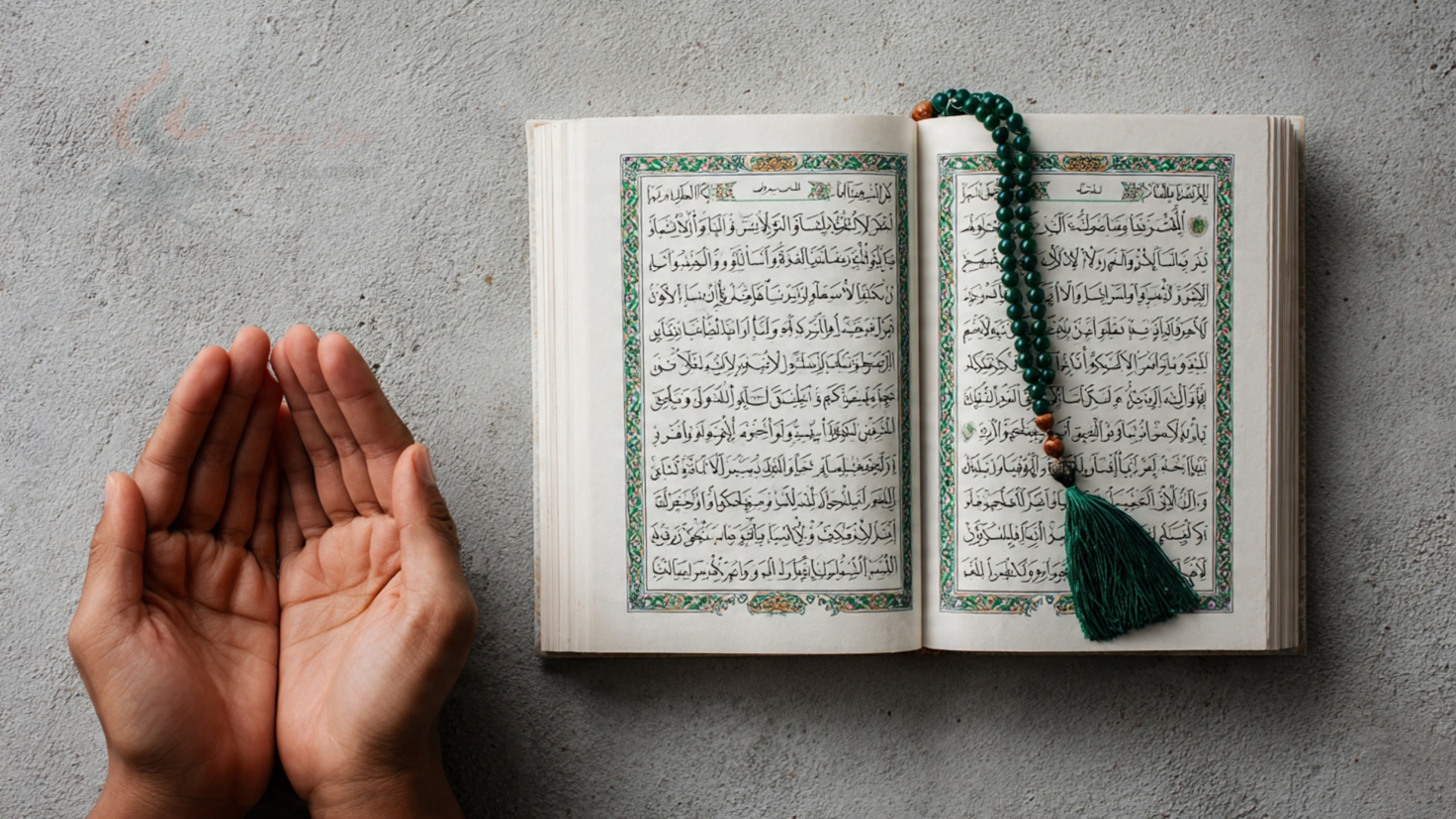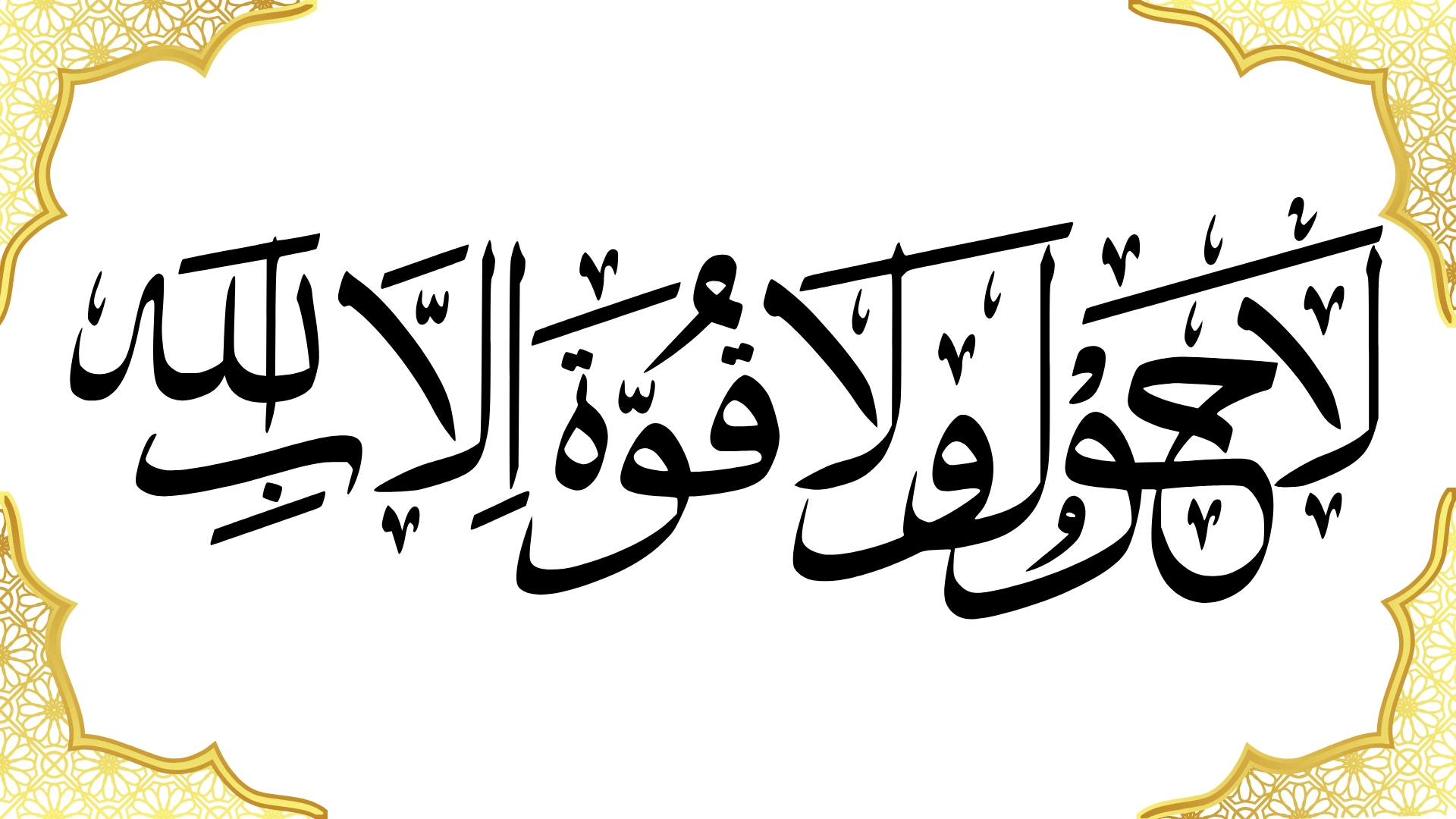Going through pain is a testing moment for every person’s strength and patience. In Islam, Ramadan is a time to remember to pray to Allah for what we need and wish for. Praying is not just going through rituals; instead, it helps us search for comfort and healing. When facing difficulties, believers seek support from Allah and gain strength and calm.
There are many stories that stress dua as an effective way to relieve pain. Some hadiths show that touching the spot and chanting some specific duas may soothe the ache. Scientific evidence points out that following spiritual activities helps cut stress and improve someone’s mood.
Calling out for help during pain is not only soothing to the body. It fosters a strong trust in Allah in every person’s life. This experience leads one to use suffering as a way to grow and find faith. Counting on His mercy helps us handle every obstacle with more strength.
This blog will discuss asking Allah for help in difficult moments and show how certain components can cure the soul.
Understanding the Importance of Dua When in Pain
Pain makes it clear to us that we cannot do everything and that no one controls things except Allah. Being aware of God’s attributes makes a person stronger and humbler. According to the Qur’an, Allah understands and lessens the suffering of believers.
لَا يُكَلِّفُ اللَّهُ نَفْسًا إِلَّا وُسْعَهَا
“Allah does not burden a soul beyond that it can bear.”
(Surah Al-Baqarah | 2:286)
This verse assures believers that every trial carries purpose and that turning to Allah for relief is essential. Dua becomes a lifeline, offering comfort and hope. It is not merely words; it is submission, a heartfelt cry seeking divine intervention. Engaging in dua shifts the focus from the pain itself to reliance on Allah’s mercy.

Effective Duas for Pain in the Body
Several authentic duas from the Quran and Hadith specifically address physical pain. These duas not only soothe the mind but are spiritually powerful.
Dua from Sahih Muslim (Hadith 2202):
The Prophet (ﷺ) advised placing a hand on the area of pain and saying:
“Bismillah” بِسْمِ اللَّهِ (three times), followed by:
أَعُوذُ بِاللَّهِ وَقُدْرَتِهِ مِنْ شَرِّ مَا أَجِدُ وَأُحَاذِرُ (seven times)
“A`ūdhu billāhi wa qudratihi min sharri mā ajidu wa uḥādhir” (seven times).
Translation:
“I seek refuge in Allah and in His Power from the evil of what I find and of what I guard against.”
This simple act combines physical action with verbal prayer, aligning body and soul in supplication.
Shifa (Healing) Dua from Sahih Bukhari (Hadith 5750):
Recite:
اللَّهُمَّ رَبَّ النَّاسِ أَذْهِبِ الْبَأْسَ، وَاشْفِ أَنْتَ الشَّافِي، لَا شِفَاءَ إِلَّا شِفَاؤُكَ، شِفَاءً لَا يُغَادِرُ سَقَمًا.
“Allahumma Rabban-naasi adhhibil-ba’sa washfi Antash-Shaafi laa shifaa’a illaa shifaa’uka shifaa’an laa yughaadiru saqamaa.”
Translation:
“O Allah, Lord of mankind, remove the difficulty and bring about healing as You are the Healer. There is no healing except Your healing, a healing that will leave no ailment.”
Encourage consistency in recitation for both emotional and physical relief.
How Dua for Pain Relief Brings Comfort and Healing
Physical pain can feel overwhelming. However, dua offers an alternative perspective by fostering spiritual closeness. The act of making dua helps the believer feel heard and supported.
Studies of spiritual practices demonstrate a stronger perception of pain relief among those who pray. Dua combines faith with mindfulness, teaching calm amid discomfort. Calling upon Allah reinforces the belief that healing comes from Him, even as medical treatments are pursued.
The Reward of Patience During Sickness and Pain
Islam teaches that pain is not wasted. It becomes a test that, when endured with patience, purifies sins and elevates status.
The Prophet (ﷺ) said:
قال النبي ﷺ: “ما يصيب المؤمن من وصب، ولا نصب، ولا سقم، ولا حزن، حتى الشوكة يشاكها، إلا كفَّر الله بها من خطاياه”.
“When a believer suffers pain, even the pricking of a thorn, Allah removes some of their sins.”
(Sahih Bukhari, Raihanah Hadith 5640)
This promise motivates resilience. By remaining patient, a believer transforms suffering into spiritual gain. Furthermore, making dua during pain demonstrates submission to Allah, which fosters personal growth.
Islamic Remedies and Duas for Pain in the Body
Islam emphasizes both spiritual and practical approaches to health. The Prophet (ﷺ) encouraged seeking medicine alongside dua.
Treatment Paired with Faith
- Applying natural remedies, such as black seed oil, honey, and Zamzam water.
- Combining these remedies with duas amplifies their effectiveness.
Quranic Healing Verses
- Surah Al-Fatiha, referred to as a Ruqyah, holds immense power. Reciting and blowing it over the body is a recommended practice.
- The Mu’awwidhatayn (Surahs Al-Falaq and An-Nas) serve as protective supplications against harm.
These remedies highlight the holistic harmony between physical care and spiritual faith.
Strengthening Faith Through Dua When in Pain
Pain tests patience and strengthens reliance on Allah. When healing is delayed, the believer finds reassurance in Allah’s plan.
Strengthening faith includes reading stories of the Prophets, emphasizing their perseverance. Prophet Ayub (Job) serves as an example. Despite enduring years of illness, his constant dua led to eventual recovery.
The Quran recounts his supplication:
إِنِّي مَسَّنِيَ الضُّرُّ وَأَنتَ أَرْحَمُ الرَّاحِمِينَ
“Truly distress has seized me, but You are the Most Merciful of those that are merciful.”
(Surah Al-Anbiya | 21:83)
Faith becomes unshakable with consistent dua.
Powerful Ways to Use Dua for Pain Relief in Difficult Times
1. Sincere Intention
Start with genuine intention. Belief in Allah’s power enhances the dua.
3. Pairing Actions With Dua
Combine recitation with:
- Placing the hand over the affected areas.
- Engaging in dhikr or Quranic verses like Ayat-ul-Kursi.
Simple yet sincere actions amplify the impact of dua.
Combining Medicine and Dua When in Pain for Holistic Healing
While dua provides spiritual solace, medicine addresses physical ailments.
The Prophet (ﷺ) said:
قال النبي ﷺ: “تَدَاوَوْا، فَإِنَّ اللَّهَ لَمْ يَضَعْ دَاءً إِلَّا وَضَعَ لَهُ شِفَاءً”.
“Make use of medical treatment, for Allah has not made a disease without appointing a remedy.”
(Sunan Abi Dawood, 3853)
This directive underscores the necessity of combining dua with practical efforts. Treatments are a means; healing comes solely from Allah. Aligning dua with medicine nurtures faith and consciousness.
Stories of Strength and Faith Through Dua During Pain
A Modern Example
A young believer suffering from long-term illness started using dua every day. Her spiritual thoughts gave her peace inside during times when medical treatments could not help. As time passed, physicians observed interesting physical changes, suggesting that spirituality goes along well with science.
A Narrative about History
Even after becoming ill, Prophet Ayub’s supplications showed his dependence on Allah. When he came through his reversal, it reminded everyone that divine help can overcome any difficulty. Such stories again confirm that dua helps us to rise above tough times.
Conclusion
Hardship reminds believers about God and makes them realize that everything in life is temporary. Remembering Allah in troubled times changes pain into trust and strengthens our emotions and beliefs. Make your wishes and supplications go hand in hand with gratitude and patience. Saying dua in prayer shows the soul’s trust in Allah.
Prayer through du’a is an act that means more than soothing our emotions. Reading verses from the Quran, saying the Sunnah prayers, or mixing spiritual guidance with medicine at any time grows one’s faith.
Because we look to Allah in times of need, we experience lasting peace, which proves again and again that His mercy never ends.




